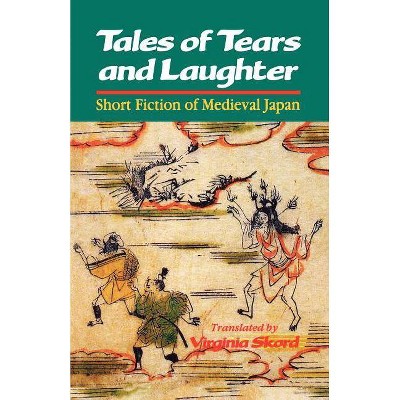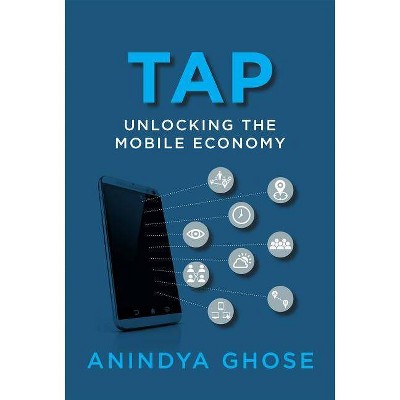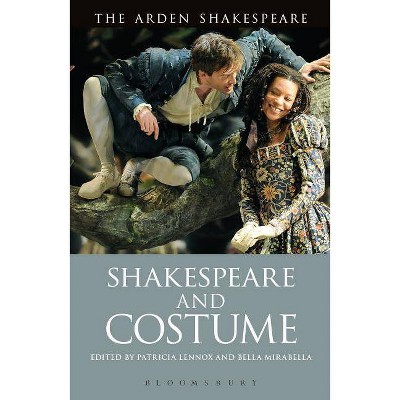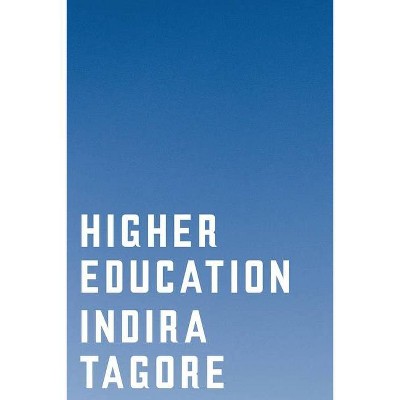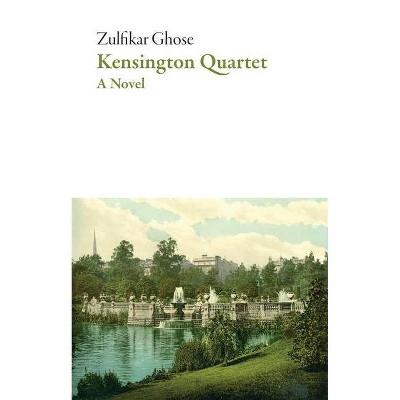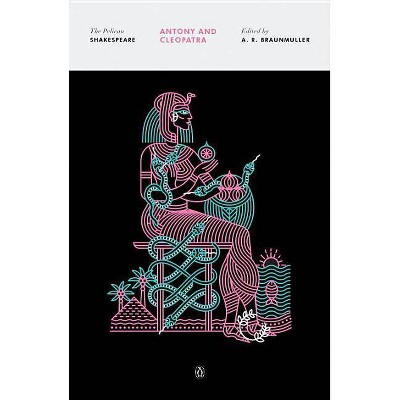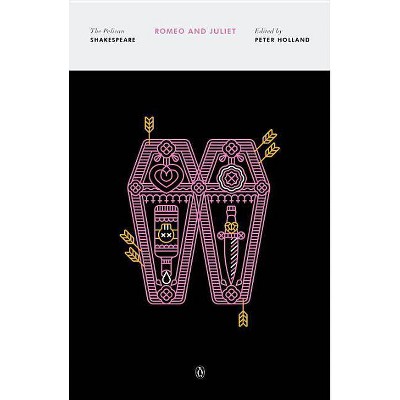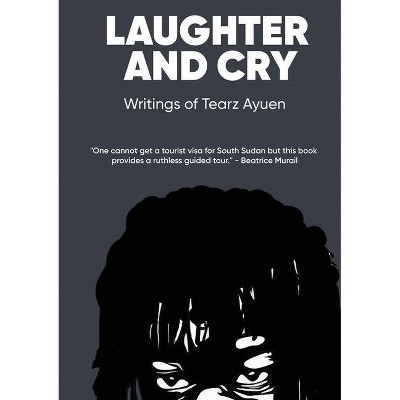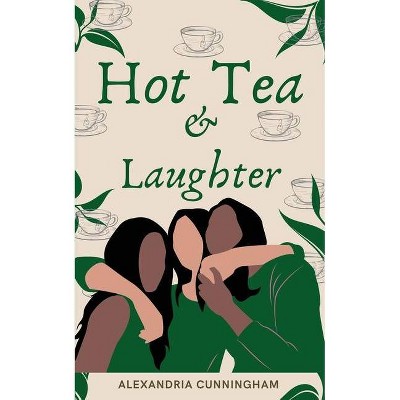Shakespeare and Laughter - by Indira Ghose (Paperback)
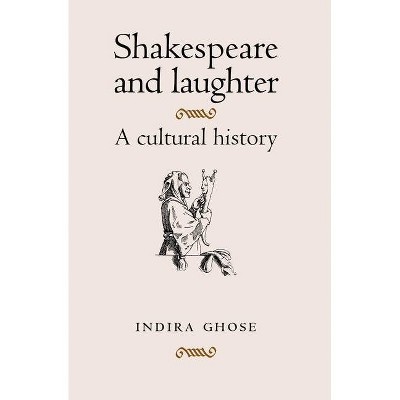
Similar Products
Products of same category from the store
AllProduct info
<p/><br></br><p><b> About the Book </b></p></br></br>This book examines laughter in the Shakespearean theatre in the context of a cultural history of early modern laughter. It is the first study to focus on laughter, not comedy, arguing that since the early modern period a paradigm shift has taken place in our attitudes to laughter and investigates the role Shakespeare played in this connection.<p/><br></br><p><b> Book Synopsis </b></p></br></br>This book examines laughter in the Shakespearean theatre, in the context of a cultural history of early modern laughter. Aimed at an informed readership as well as graduate students and scholars in the field of Shakespeare studies, it is the first study to focus specifically on laughter, not comedy. It looks at various strands of the early modern discourse on laughter, ranging from medical treatises and courtesy manuals to Puritan tracts and jestbook literature. It argues that few cultural phenomena have undergone as radical a change in meaning as laughter. This paradigm shift can be traced back to the early modern period, which saw some remarkable changes in the culture of laughter. Hitherto laughter had been mainly regarded as a social corrective that mocked those who transgressed societal norms. The evolving cult of courtly manners that spread throughout Renaissance Europe stigmatized derisive laughter as a sign of vulgarity. Laughter became bound up with questions of taste and class identity. At the same time, humanist thinkers revalorised the status of recreation and pleasure. These developments left their trace on the early modern theatre, where laughter was retailed as a commodity in an emerging entertainment industry. Shakespeare´s plays both reflect and shape these changes, particularly in his adaptation of the Erasmian wise fool as a stage figure and in the sceptical strain of thought that is encapsulated in the laughter evoked in the plays.<p/><br></br><p><b> From the Back Cover </b></p></br></br>This book examines laughter in the Shakespearean theatre, in the context of a cultural history of early modern laughter. Aimed at an informed readership as well as graduate students and scholars in the field of Shakespeare studies, it is the first study to focus specifically on laughter, not comedy. It looks at various strands of the early modern discourse on laughter, ranging from medical treatises and courtesy manuals to Puritan tracts and jestbook literature. It argues that few cultural phenomena have undergone as radical a change in meaning as laughter. Laughter became bound up with questions of taste and class identity. At the same time, humanist thinkers revalorised the status of recreation and pleasure. These developments left their trace on the early modern theatre, where laughter was retailed as a commodity in an emerging entertainment industry. Shakespeare´s plays both reflect and shape these changes, particularly in his adaptation of the Erasmian wise fool as a stage figure, and in the sceptical strain of thought that is encapsulated in the laughter evoked in the plays.<p/><br></br><p><b> Review Quotes </b></p></br></br><br>Shakespeare and Laughter is ambitiously wide-ranging Ruth Morse, Times Literary Supplement, 17th October 2008, p.23<br><p/><br></br><p><b> About the Author </b></p></br></br><br>Indira Ghose is Professor of English Literature at the University of Fribourg, Switzerland<br>
Price History
Price Archive shows prices from various stores, lets you see history and find the cheapest. There is no actual sale on the website. For all support, inquiry and suggestion messagescommunication@pricearchive.us
